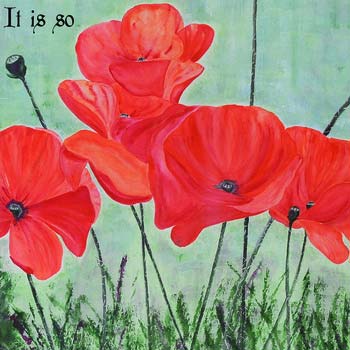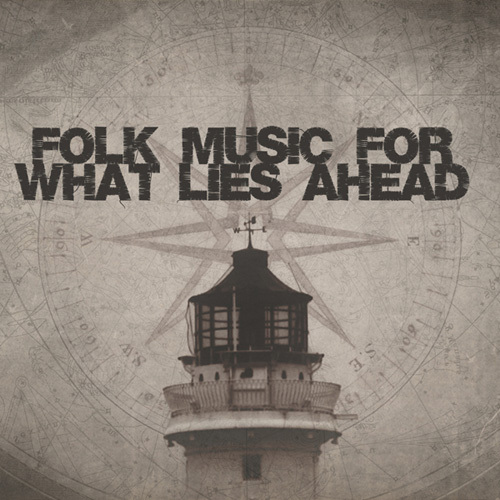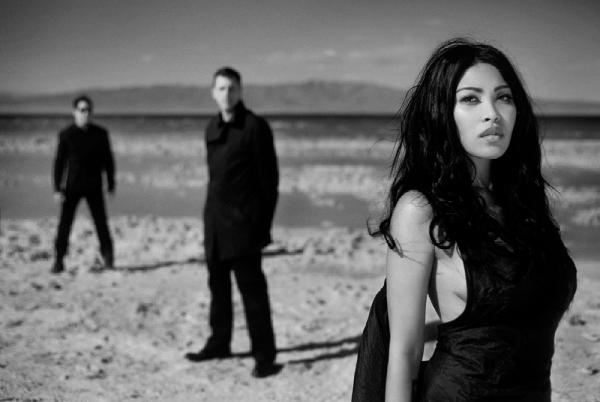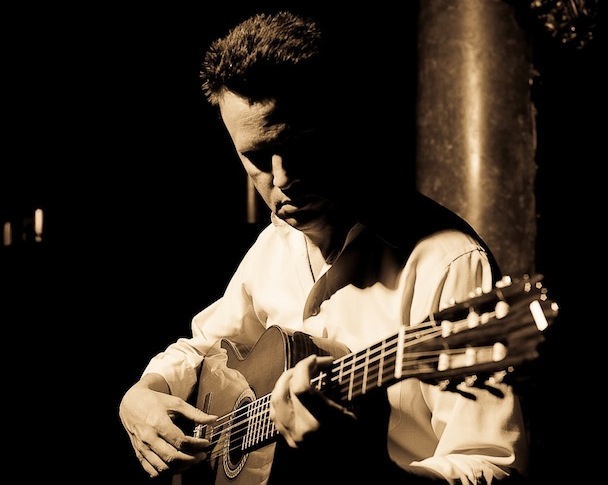 Sonya Cotton’s new album – It is so – (released this week via bandcamp and her personal website) is a beautiful, touching collection of songs dedicated, as Sonya writes, “…to the life and spirit of my mother, Karen Imparato Cotton.” The album also contains the track “Song For Eric,” a tribute to Sonya’s friend Eric Bayer who died of cancer shortly after her own mother succumbed to the same disease. Given these moments of great loss, it might be expected that an album like It is so would be somber and funereal.
Sonya Cotton’s new album – It is so – (released this week via bandcamp and her personal website) is a beautiful, touching collection of songs dedicated, as Sonya writes, “…to the life and spirit of my mother, Karen Imparato Cotton.” The album also contains the track “Song For Eric,” a tribute to Sonya’s friend Eric Bayer who died of cancer shortly after her own mother succumbed to the same disease. Given these moments of great loss, it might be expected that an album like It is so would be somber and funereal.
And yes, there is sadness and loss in It is so. And yet, the album is also a wonderful celebration of life in all its forms. As Sonya writes: “The album is a tribute to my mother who passed away two years ago; she had cancer. In addition to exploring loss of many kinds (loss of life, of safe space, of hope,) the songs are also, as I see them, prayers, and celebrations of love.”

 Just what is folk music? Is it soft-spoken, intimate confessions poured out over an acoustic guitar? Is it “We Shall Overcome,” sung on the National Mall? Is it ever playful? Joyful? Does it do something other than teach? Can it be “pop?” Clearly, the answers to these questions are subjective, but at their core is a common notion: “Folk” music is “apart” from other music. There is something different about the folk singer – that mythic figure of storytelling and poetic wisdom. But is that really true?
Just what is folk music? Is it soft-spoken, intimate confessions poured out over an acoustic guitar? Is it “We Shall Overcome,” sung on the National Mall? Is it ever playful? Joyful? Does it do something other than teach? Can it be “pop?” Clearly, the answers to these questions are subjective, but at their core is a common notion: “Folk” music is “apart” from other music. There is something different about the folk singer – that mythic figure of storytelling and poetic wisdom. But is that really true?

